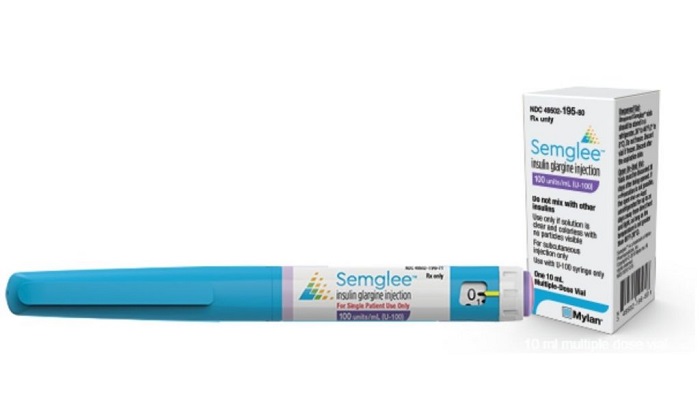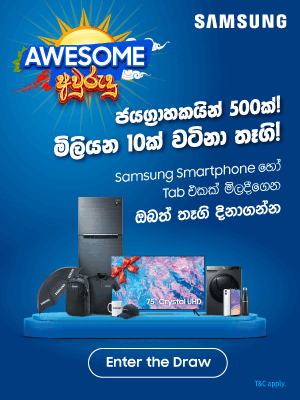
The US Food and Drug Administration (FDA) approved a biosimilar interchangeable insulin product Wednesday, for treatment of diabetes, for the first time in the country.
Semglee, manufactured by Biocon Biologics, a Bengaluru-based pharmaceutical company, is both interchangeable with and biosimilar to Lantus, a long-acting insulin product already approved in the US.
Biosimilar products have no clinically meaningful difference from reference products (in this case Lantus) that have already been approved in market. An interchangeable biosimilar product, meanwhile, means the drug could be used as an alternative by patients without the intervention of a prescriber. It is similar to buying a different brand of the same medicine.
According to the FDA, one can expect the same safety and effectiveness from a biosimilar product, as from the reference product, and the newly approved drug will be as effective in tackling diabetes as insulin is.
“The approval of Semglee (insulin glargine-yfgn) as biosimilar to, and interchangeable with Lantus (insulin glargine), is based on evidence that showed the products are highly similar and that there are no clinically meaningful differences between Semglee (insulin glargine-yfgn) and Lantus (insulin glargine) in terms of safety, purity and potency (safety and effectiveness),” noted a statement by FDA.
It also said Semglee has been found to bring glycemic levels (glucose) of adults suffering from Type 1 and Type 2 diabetes as well as pediatric patients of diabetes under control.
Diabetes is a chronic disease that affects how a body stores and uses sugar and other nutrients for energy. A diabetic patient’s body does not release enough insulin, a hormone released by the pancreas, to keep sugar levels within normal range.
“This is a momentous day for people who rely daily on insulin for the treatment of diabetes, as biosimilar and interchangeable biosimilar products have the potential to greatly reduce health care costs,” acting FDA Commissioner Dr Janet Woodcock said in the statement.
Kiran Mazumdar-Shaw, the Executive Chairperson of Biocon Limited, said, “This is a historic event as it endorses the high quality of Biocoin’s Insulin Glargine through an interchangeable designation with the originator drug.”
“The product is the world’s first interchangeable Biosimilar and the great thing is it was all developed in our labs and facility in Banglore. It speaks volumes of our scientific skills,” she told ThePrint.
Insulin is expensive
Insulin, the most effective way of keeping diabetes under control, is extremely expensive, especially in the US, which makes up only 15 per cent of the global insulin market but generates nearly 50 per cent of the revenue.
Vials cost anywhere between $175 and $300 in retail and their list prices rise more than 15 per cent on an average.
In 2018, due to fluctuations in the US market, prices of select insulin brands shot up by 20 per cent in India.
However, insulin is much more affordable in India with prices ranging from Rs 150 to Rs 3,000 a vial. India is also home to one in six diabetic patients in the world.
Three companies — Eli Lilly, Novo Nordisk and Sanofi — control 90 per cent of the global insulin market at present, and there are no generic alternatives available for patients to opt for in the US that has contributed to steep prices.
According to the FDA, biosimilar products also bring down treatment costs. “Biosimilars marketed in the U.S. typically have launched with initial list prices 15% to 35% lower than comparative list prices of the reference products,” its statement read.
According to some estimates, after the introduction of biosimilar products in the market, US taxpayers will save $2.5 billion on insulin. (The Print)


